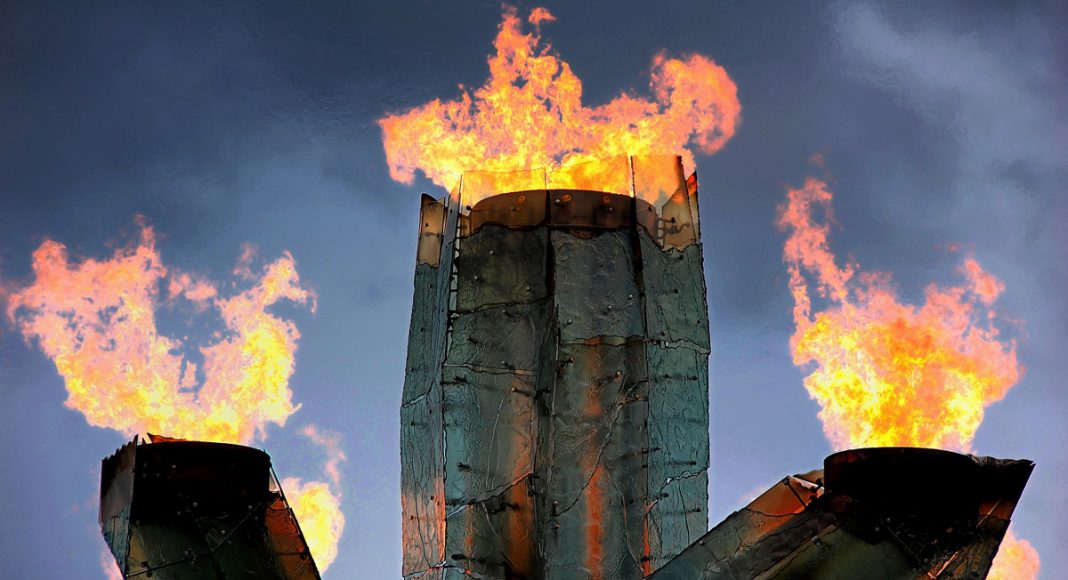As the world looks to the frigid venues in Pyeongchang, so far the only major non-competition stories have been relatively minor, such as a potential ice dancing wardrobe malfunction, North Korea’s massive cheerleader invasion, and the Vice President getting shade from a figure skater.
But the 2018 games mark the 20-year anniversary when the bombshell was a snowboarding gold medalist from Canada who began the debate over whether Olympians can, and even should, use cannabis.
Ross Rebagliati won the men’s giant slalom competition at the 1998 Nagano, Japan games. It was the first time the sport had been included in the Olympics. The Canadian, then 26, had to take a urine test. He told Deadspin in 2013 he felt that the test, in a way, made him feel like he, and the sport, were being taken seriously: “It was an honor to do the pee test.”
Within a few days he learned he had tested positive for THC (the main psychoactive compound in cannabis), his medal was taken away, and probably the most terrifying part, had to have a sit-down with the Japanese police (a country with famously harsh drug laws) and spend a short time in jail. Rebagliati maintained that the result was from secondhand smoke. Despite the internet not being a thing then, he became a hero to … er … enthusiasts, even being parodied on Saturday Night Live soon after (although if a show claims that you listen to Smash Mouth, you should be able to sue for defamation).
The reason for getting the medal back? THC, though thought by some in the scientific and athletic communities to be performance-enhancing, wasn’t on the World Anti-Doping Agency’s banned substance list. It was subsequently added, but in 2013 WADA changed the amount that could set off alarms. Before the change, it was 15 nanograms per milliliter. The new standard is 150 nanograms per milliliter. Rebagliati’s test results after his championship run at the games, 17.8. Not even enough to warrant a raised eyebrow under the current rules.
But to those in Canada, Rebagliati hasn’t turned into an answer to a trivia question. He’s been an outspoken advocate in politics and for the mainstreaming of cannabis in Canada.
-
Related Story: Can Marijuana Be A Performance-Enhancing Drug For Athletes?
Rebagliati gave up a bid for Liberal Party candidate to be a federal representative in a district of his native British Columbia, citing his new cannabis business interests. But he told the CBC during the 2015 election season, “I mean, to think I can be involved in helping people and sharing the knowledge that I have and a lot of people have about cannabis to the mainstream public. I think it’s my responsibility.”
The herb isn’t legal, yet, in Canada, though there have been shops selling it out in the open for some time now. Prime Minister Justin Trudeau has previously said cannabis would be legal in July of 2018 though local and federal officials are still working out details.
-
Related Story: How Each Of America’s Sports Leagues Test For Marijuana
Rebagliati told Civilized recently, “I feel that I represent tens of thousands of Canadians and citizens of the world that have unjustly paid different dues because of their cannabis use or their association with it. And I’m honored.” He has used that platform, and his reputation, to help promote his cannabis-related business ventures.
In 2013, he launched Ross’ Gold, selling cannabis for medicinal purposes — technically legal under Canadian law at the time. In 2014 the company merged with Green & Hill Industries and it is now publicly traded. As of 2015, he had expanded his offering to glassware and edibles that could be found in more than 100 stores across Canada. But he’s more than just a businessman.
And he’s still a strong advocate for making cannabis part of a training regimen, if it works for the athlete.
“As an athlete, there’s a lot of repetitive working out that goes on and going to the gym two, three hours a day for five days a week for years on end gets monotonous. To be able to spice it up in a natural way for an athlete is the best possible thing,” Rebagliati told the Washington Post in 2016.


